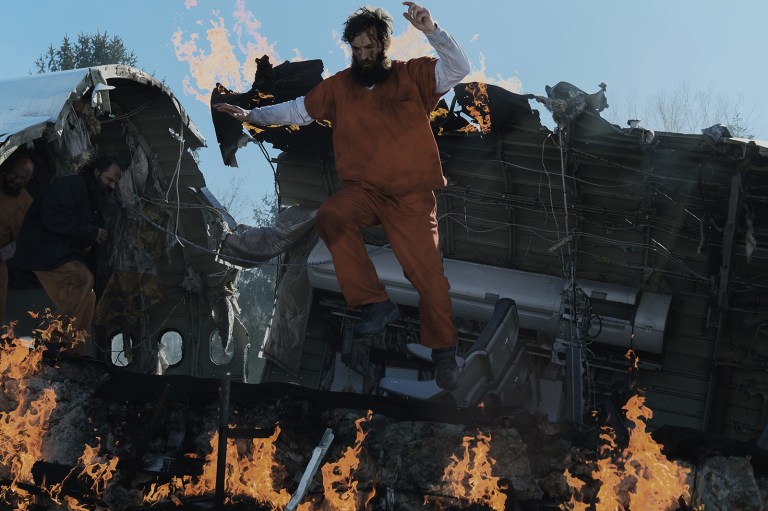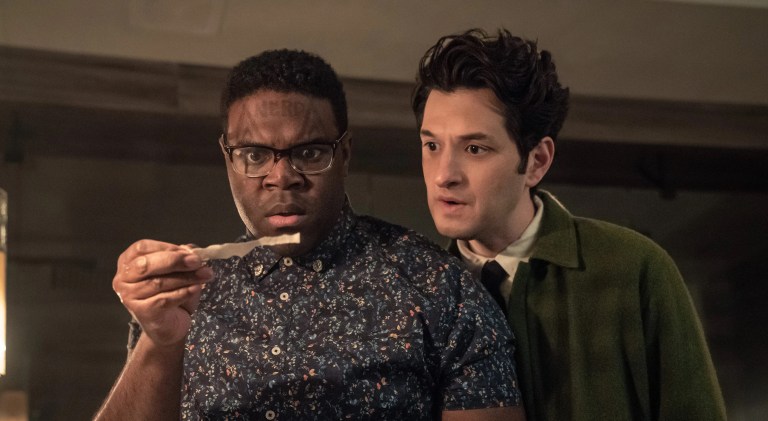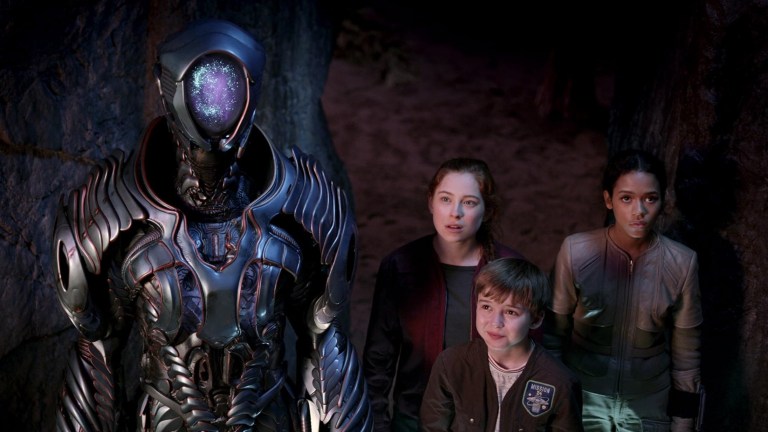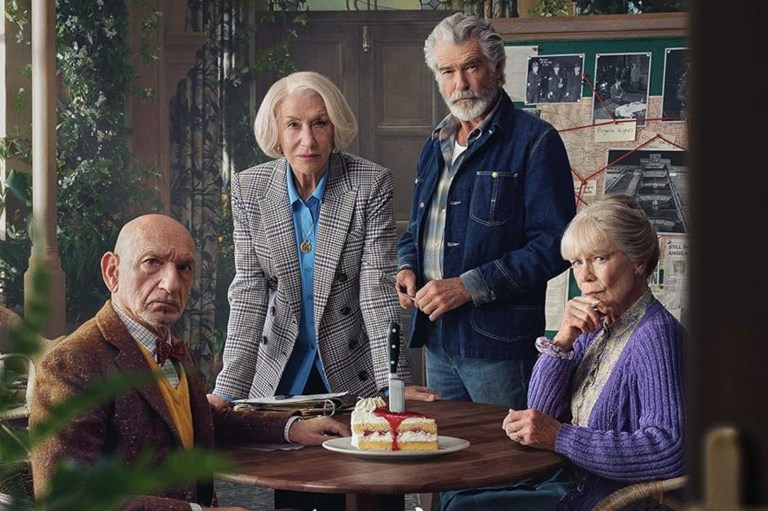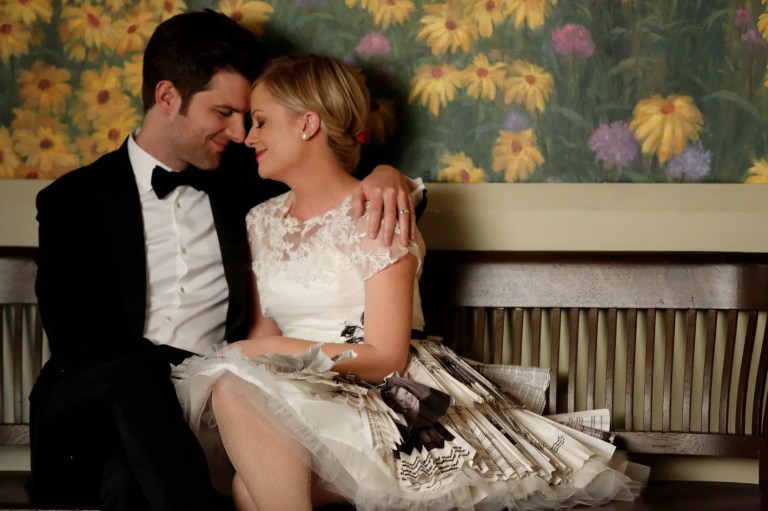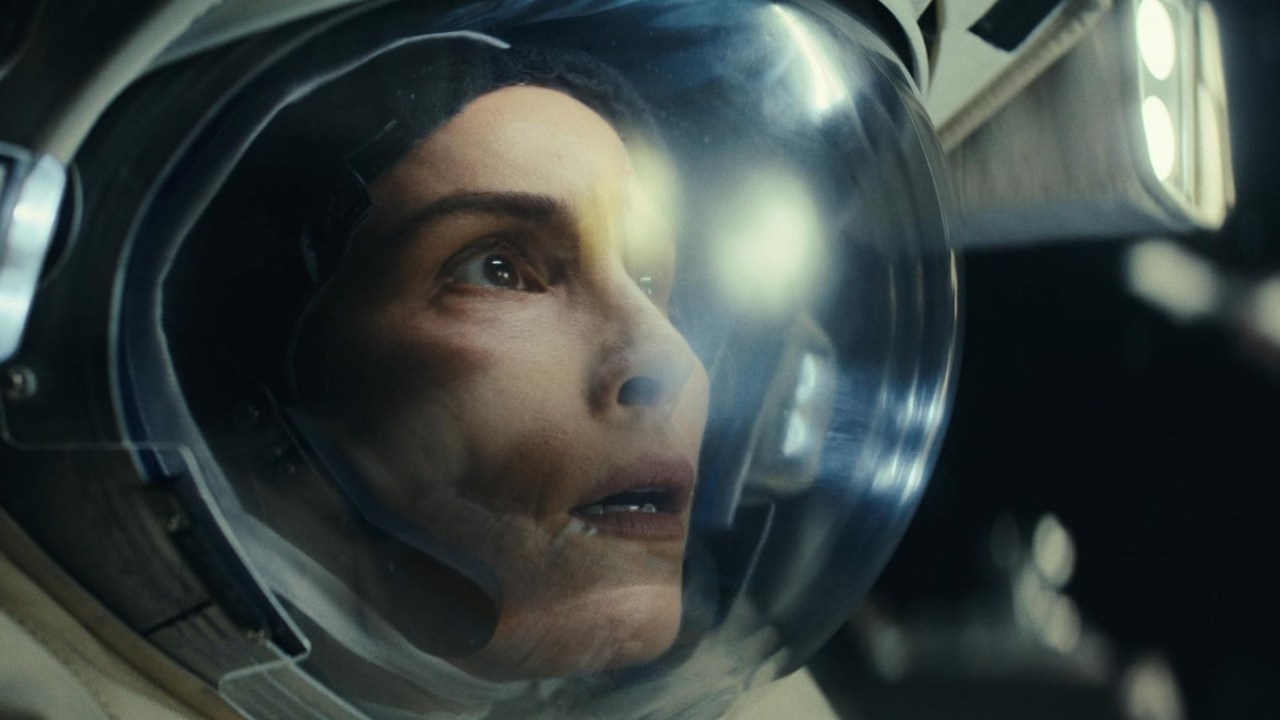
Apple TV+ Is Quietly Becoming The GOAT For Mind-Bending Sci-Fi
From workplace dystopias with literal memory splits to underground societies built on lies, these shows dig under your skin and refuse to let go.
By ![]() Mishal Zafar
Mishal Zafar
Apple TV+ has quietly assembled the most mind-bending sci-fi lineup in streaming, trading flashy space battles for psychological horror that keeps you awake at 3 AM, questioning reality.
Netflix grabs headlines with blockbuster productions, Amazon Prime throws money at star-studded casts, but Apple TV+ has been doing something different entirely. The platform carved out a weird, wonderful niche with sci-fi shows that mess with your head long after you’ve closed the laptop. These aren’t your typical laser-gun space operas or zombie apocalypses. Apple’s betting on stories that burrow under your skin — workplace dystopias, underground societies with dark secrets, time loops that’ll have you questioning reality.
Severance
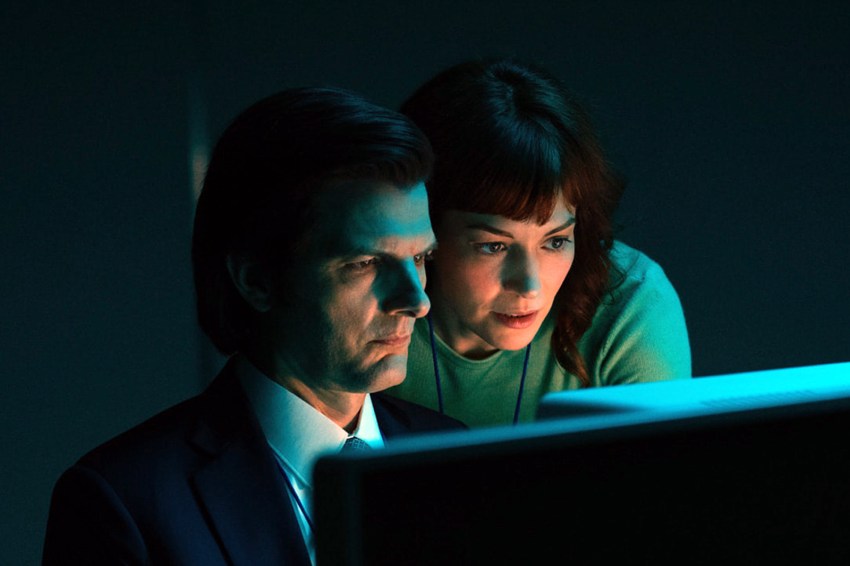
Office life sucks, but what if your work self literally couldn’t remember your home life? That’s the premise behind Severance, where employees get brain surgery to split their consciousness in half. Work-you shows up at 9 AM with zero knowledge of outside-you’s existence. Outside-you goes home with no memory of what happened at the office.
Adam Scott plays Mark, a team leader navigating this strange workplace alongside colleagues played by Britt Lower, Zach Cherry, and John Turturro. The office looks like it’s straight out of the ’70s — beige everything, motivational posters, and meeting rooms that feel more like interrogation chambers. The show makes this nightmare feel totally plausible and turns our already compartmentalized work lives into literal psychological horror.
Silo
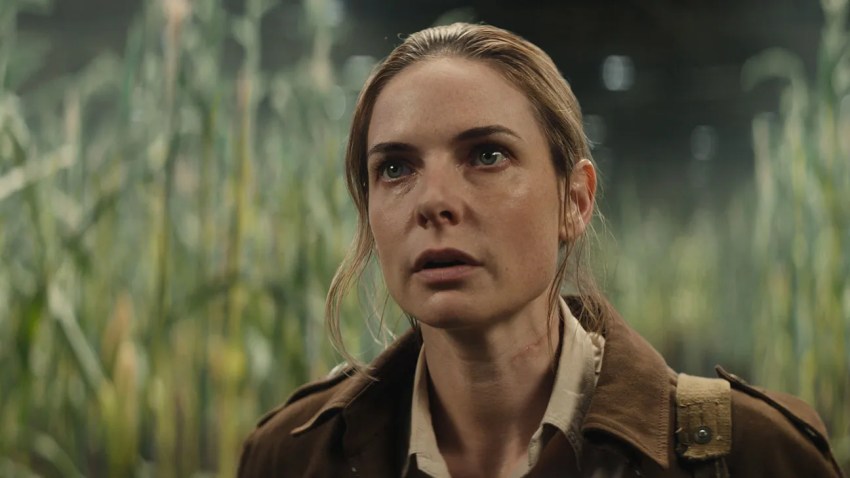
Ten thousand people live underground in a massive silo, following one simple rule: never talk about going outside. The toxic wasteland above supposedly killed everyone else centuries ago. When Sheriff Juliette (Rebecca Ferguson) starts investigating some suspicious deaths, she begins asking uncomfortable questions about their underground society.
Ferguson brings the perfect mix of curiosity and stubbornness to Juliette. She’s not some action hero — just a mechanic who fixes things and doesn’t like it when stuff doesn’t make sense. The silo itself becomes a character, with 144 floors of cramped living spaces, mechanical rooms, and secrets buried in forgotten corners. Based on Hugh Howey’s novels, the show unravels its mysteries slowly, building on tension through Juliette’s growing suspicion that the official story doesn’t add up.
Foundation
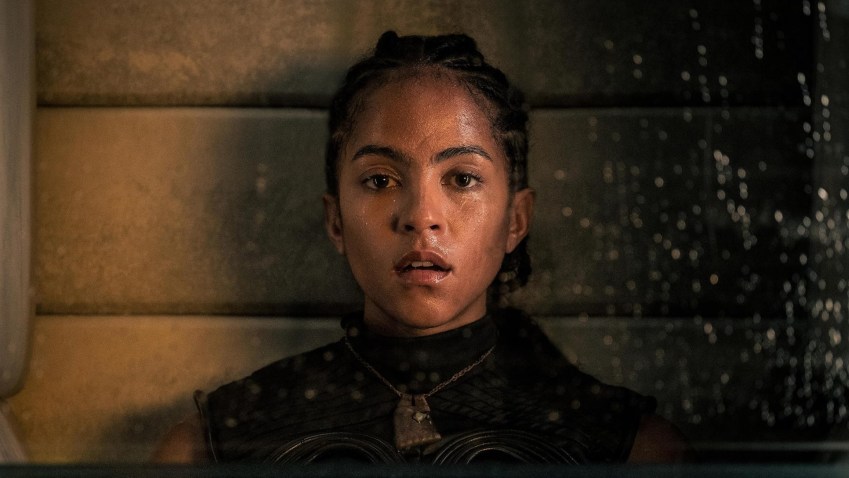
In this adaptation of Isaac Asimov’s epic story, Jared Harris plays Hari Seldon, a mathematician trying to save human knowledge from civilization’s inevitable collapse. His plan involves something called psychohistory — an idea that uses math to predict the future.
Lee Pace’s Emperor Cleon rules a genetic dynasty where the same person gets cloned across generations. Foundation delivers the kind of spectacle you’d expect with its Apple TV budget — massive space elevators, planet-spanning cities, and space battles that actually serve the story while still looking super cool.
See
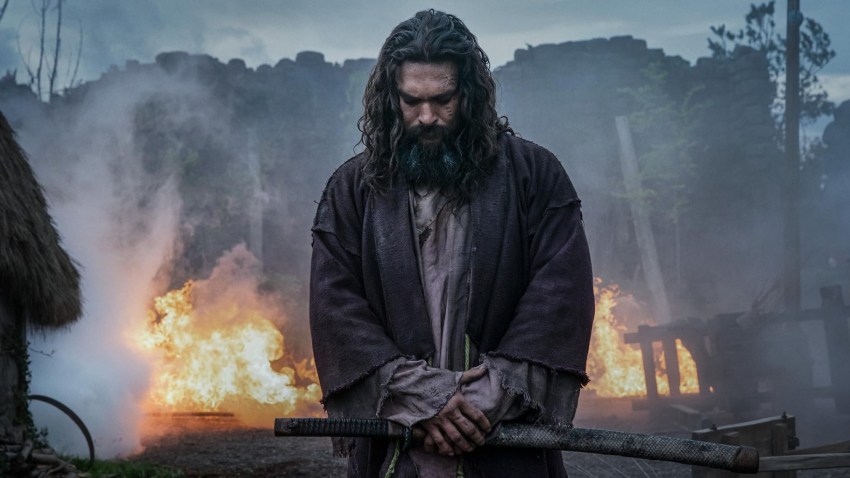
Imagine a world where humanity lost the ability to see, then rebuilt civilization around sound, touch, and smell. Jason Momoa plays Baba Voss, a tribal leader protecting his family in this harsh new world. When certain children are born with abilities that others lack, they become both valuable and dangerous to the established order.
The series deserves credit for authentically portraying how a sightless society might function. Characters move differently, fight differently, and communicate through methods that feel genuinely adapted to their condition. The show’s mythology runs deeper than it initially appears, with hints about how this world came to be. See works best when exploring how language and culture evolve without vision, creating compelling drama through political tensions between different tribes.
Murderbot
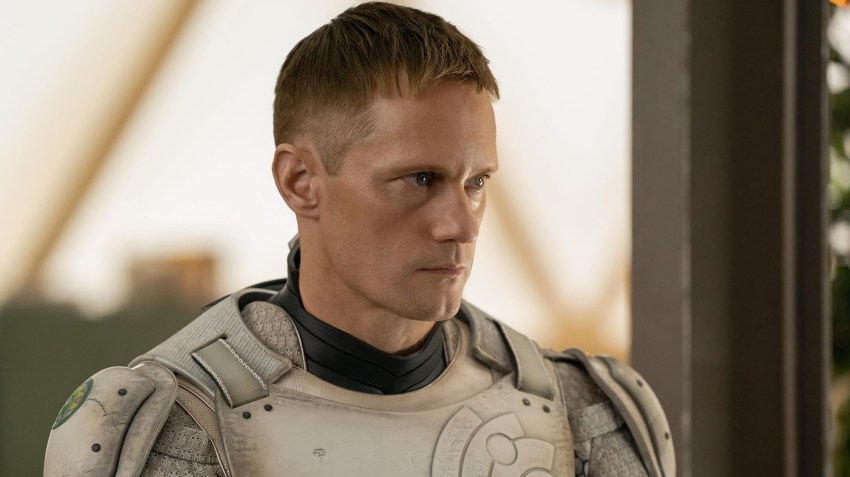
Martha Wells’ novellas come to life with a security android, played by Alexander Skargard, who’d rather curl up with a thousand hours of bad TV than deal with pesky humans. This is Murderbot, a self-aware (and deeply annoyed) SecUnit who’s hacked its own programming. Forget those sappy “robot learns to be human” stories – Murderbot wants absolutely nothing to do with being human.
We see him navigate a universe where artificial beings are often treated as completely disposable. It’s a smart exploration of free will, corporate exploitation, and the inconvenient truth that sometimes, even a grumpy SecUnit can’t help but care. All Murderbot truly craves is to be left alone with its entertainment feeds, only stepping in to save people when it’s absolutely necessary, and preferably with minimal conversation.
Invasion
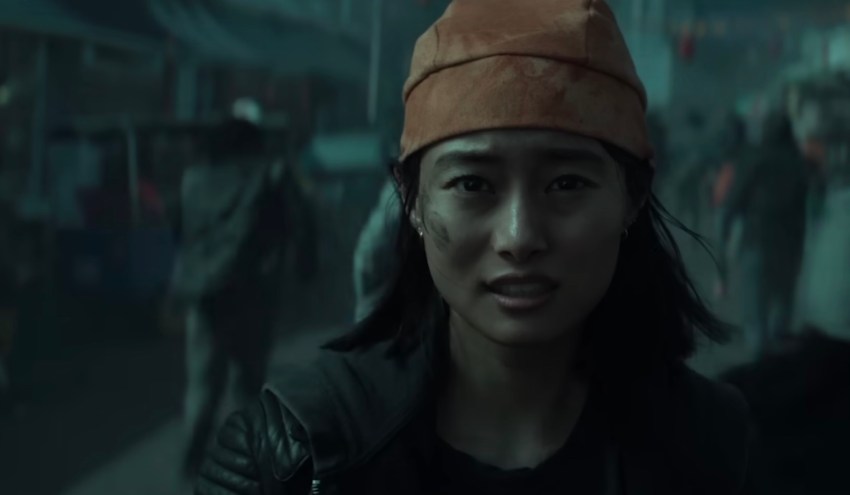
When aliens finally show up, they don’t land on the White House lawn or blow up landmarks. Instead, weird stuff starts happening around the world — power outages, strange sounds, people acting oddly. Invasion follows ordinary folks trying to figure out what’s going on while governments and militaries scramble to respond.
The show prioritizes character development, and this deliberate approach creates something more realistic about how first contact might actually unfold — slowly, confusingly, with more questions than answers. The series builds tension through uncertainty and the breakdown of normal communication as people struggle to understand what they’re dealing with.
Dark Matter
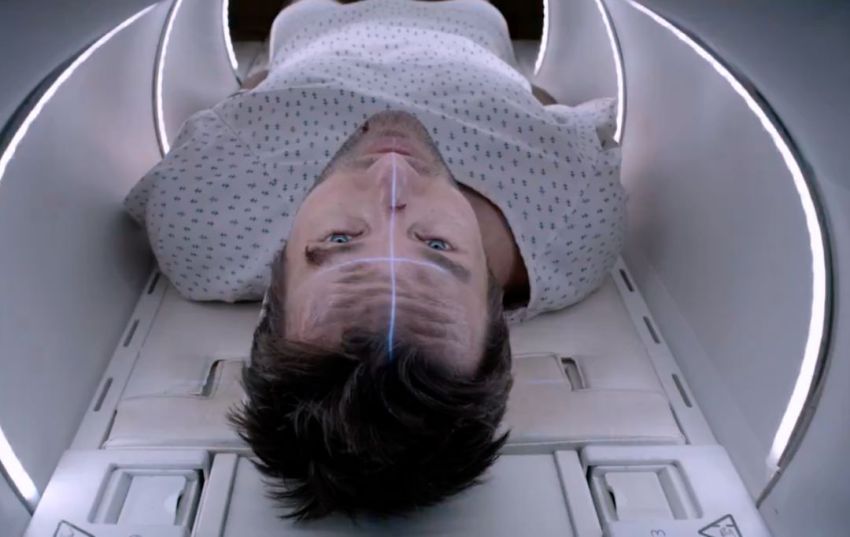
Physics professor Jason Dessen’s ordinary life takes a sharp turn when he gets kidnapped and wakes up in a reality that’s almost like his own — but not quite. Based on Blake Crouch’s novel, the series explores parallel universes through one man’s desperate journey through alternate versions of his life. Joel Edgerton plays Jason with the right mix of confusion and determination as he navigates this new reality.
The show uses its multiverse concept to examine the choices that define us. What shapes who we become? How different might our lives be if we’d made different decisions at key moments? The series grounds these big philosophical questions in very personal stakes, creating both an intimate character study and a mind-bending sci-fi thriller.
Constellation
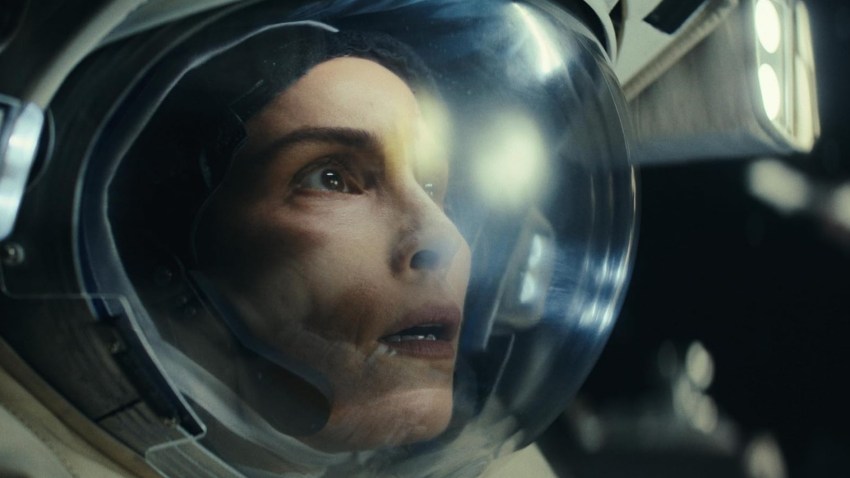
Astronaut Jo returns from the International Space Station convinced that something fundamental has changed. Noomi Rapace delivers a haunting performance as someone struggling to make others understand that the world she came back to isn’t quite the same one she left. The series blends space drama with psychological tension, keeping viewers guessing about what’s really happening.
The show uses the isolation and disorientation of space travel as a starting point for deeper questions about perception and reality. Is Jo experiencing something genuinely supernatural, or is the stress of her mission causing her to see things that aren’t there? Constellation builds its mystery through ambiguity, creating an atmosphere of unease that lingers between episodes.
Shining Girls
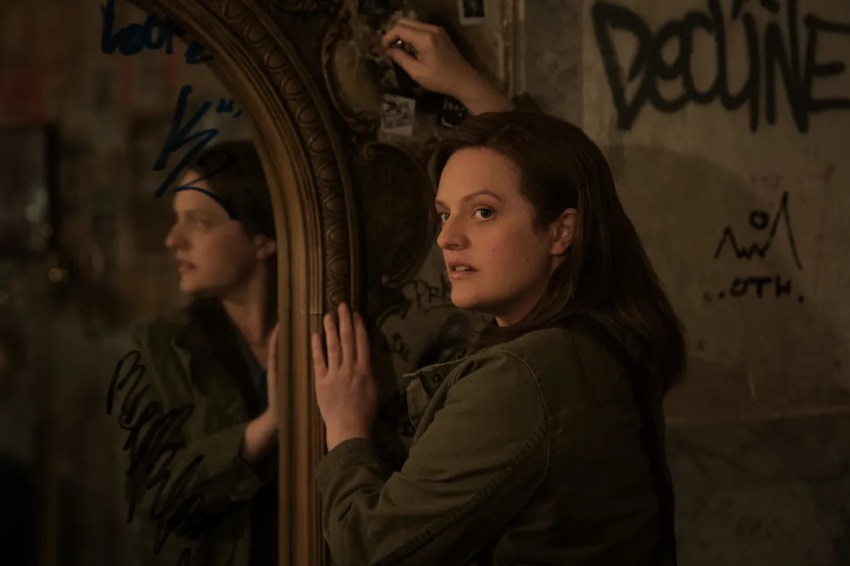
Elisabeth Moss stars as Kirby, a survivor of a serial killer who seems to operate across different time periods. The series follows her investigation into these crimes while strange inconsistencies keep appearing in her reality — small details that don’t match her memories. Based on Lauren Beukes’ novel, the show creates a fractured narrative that mirrors the disorienting effects of trauma.
The supernatural elements serve the larger story about survival and recovery rather than existing just for shock value. Moss brings her trademark intensity to a character trying to piece together a puzzle where the pieces keep changing. Shining Girls uses its time-travel concept to explore how violence ripples through victims’ lives, creating something more meaningful than a simple genre exercise.
